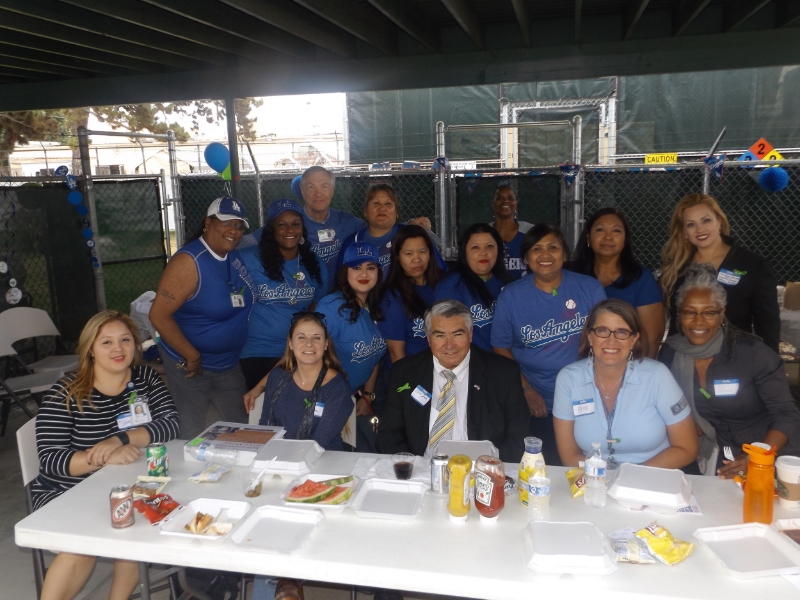In Long Beach, California, łÉČËÍ·Ěő operates a (MHRC), a (PHF), and a (MHUCC) on one campus known as "La Casa".
As a background, some of łÉČËÍ·Ěő’s consumers with a history of trauma or abuse can have maladaptive behaviors that lead to legal, social, and health-related challenges in the community. These consumers exist at all levels of care in California, from Full Service Partnership (FSP) and Assertive Community Treatment (ACT) programs all the way up to high-level locked programs such as La Casa MHRC. These behaviors can include, but are not limited to, self-injurious behaviors such as cutting, head banging, striking out, and drug seeking. Some of the problematic behaviors seen in these consumers are not always fully correctable with standard supportive therapy and medications.
For this reason, La Casa created a multidisciplinary committee in 2015 to create a strategic plan to implement a Modified Dialectical Behavior Therapy (DBT) track in the MHRC, and some of its surrounding sister programs (La Casa PHF, , and the MHUCC). The program uses the term "Modified DBT" as the training and curriculum does not necessarily follow the traditional DBT format given that consumers have a concurrent serious and persistent mental illness and are often in an inpatient environment.
There is continued work being done at all of these programs, but La Casa is pleased to report the first phase of the implementation is complete at the MHRC and selected consumers have finished the first eight-week cycle of treatment.




